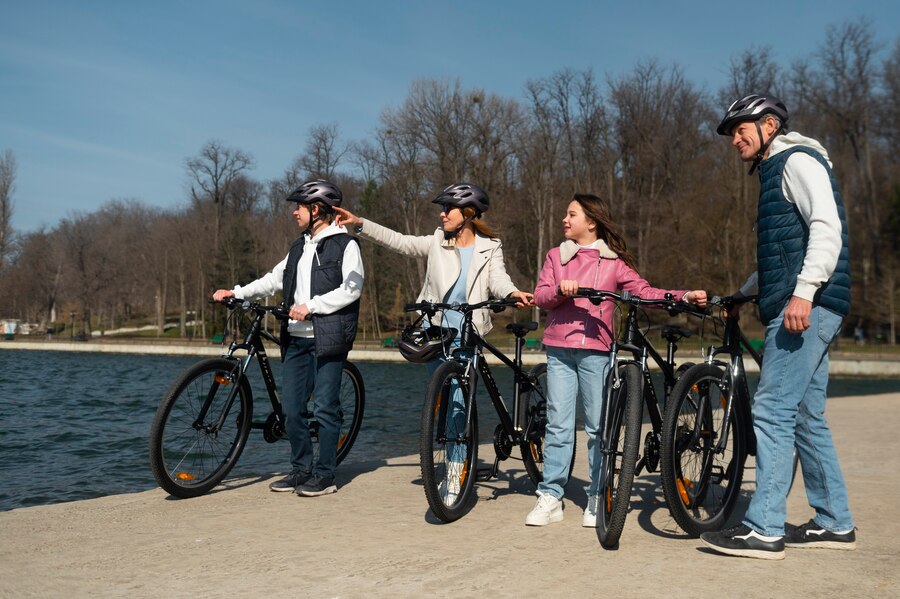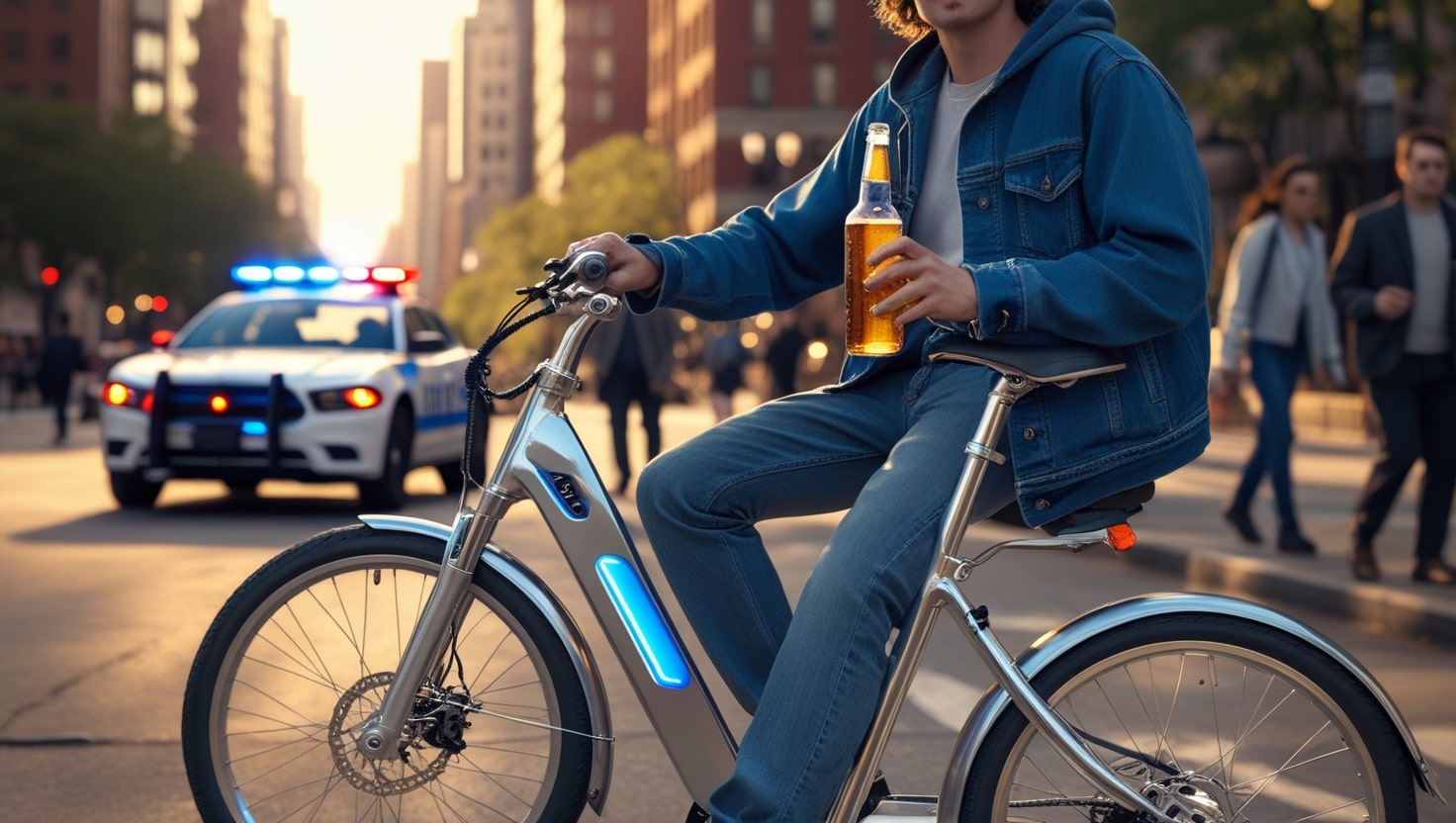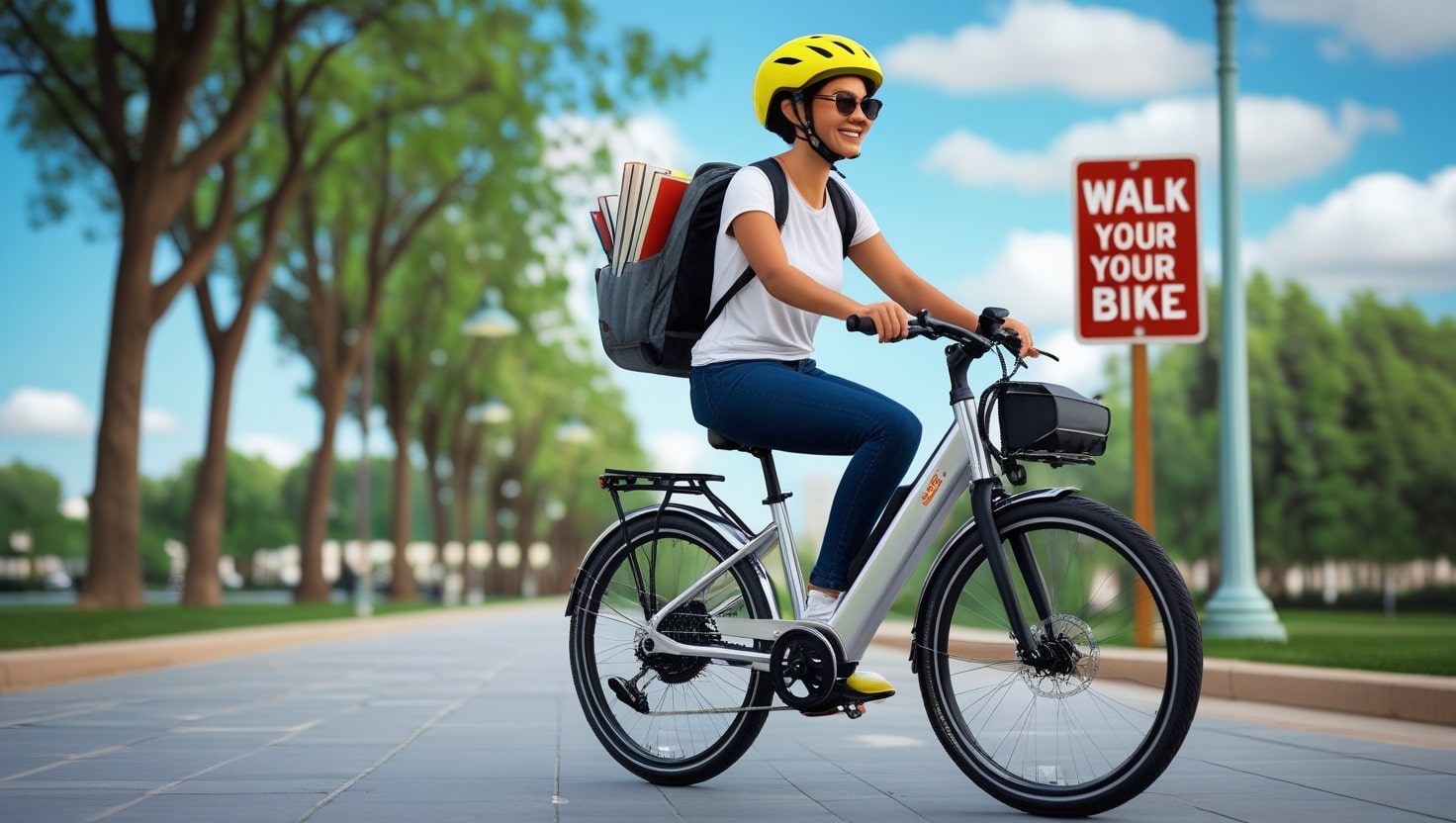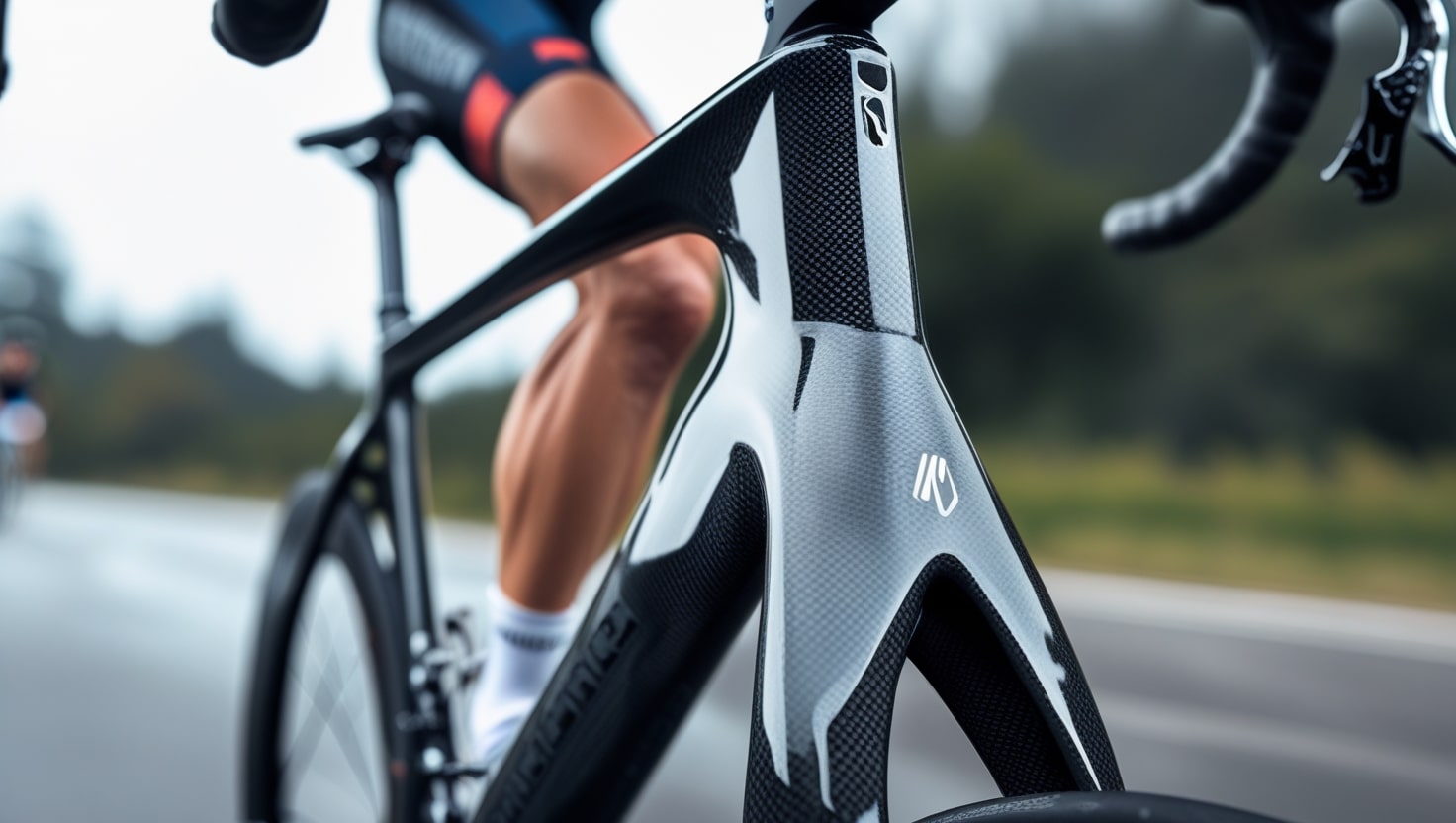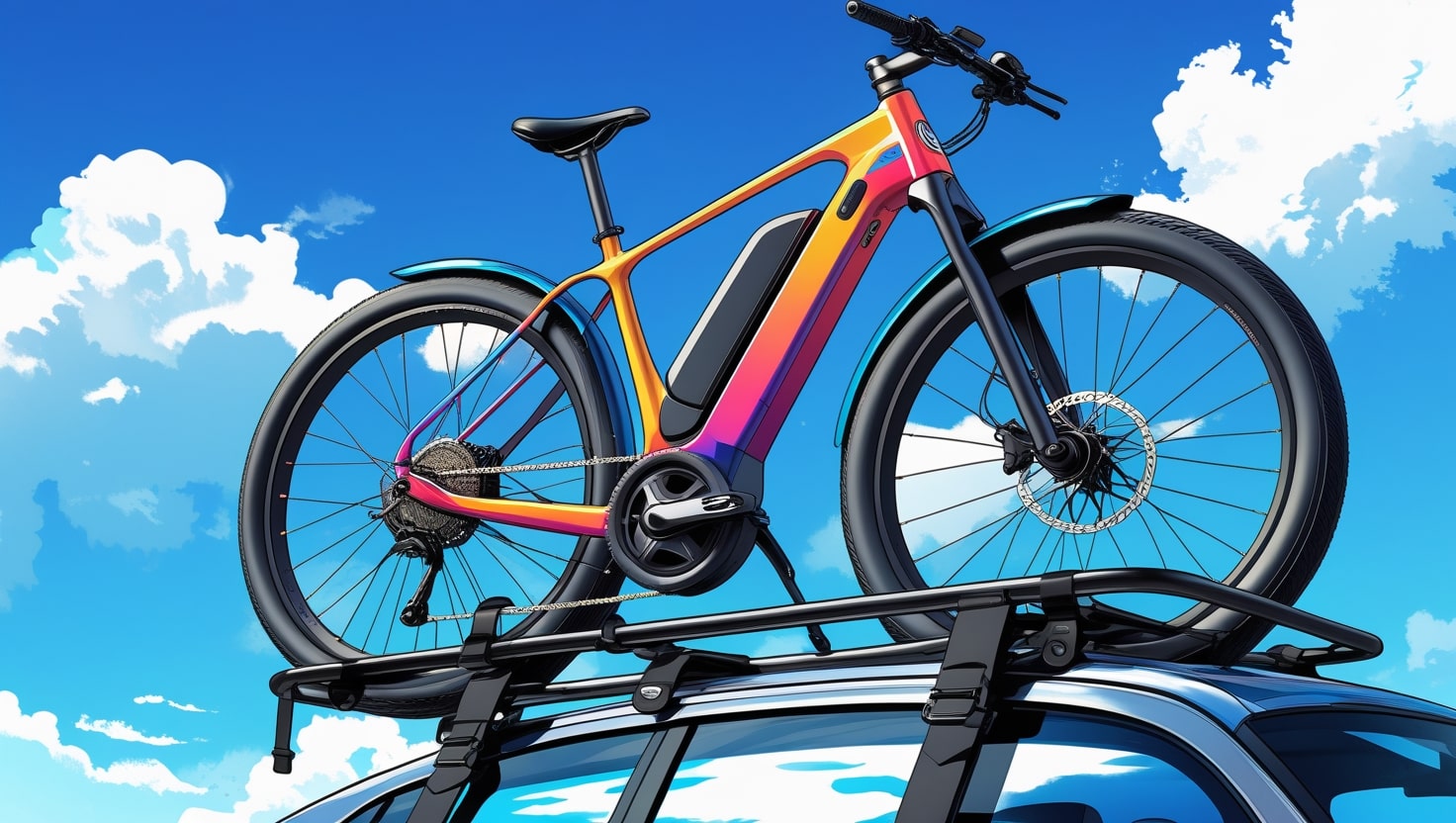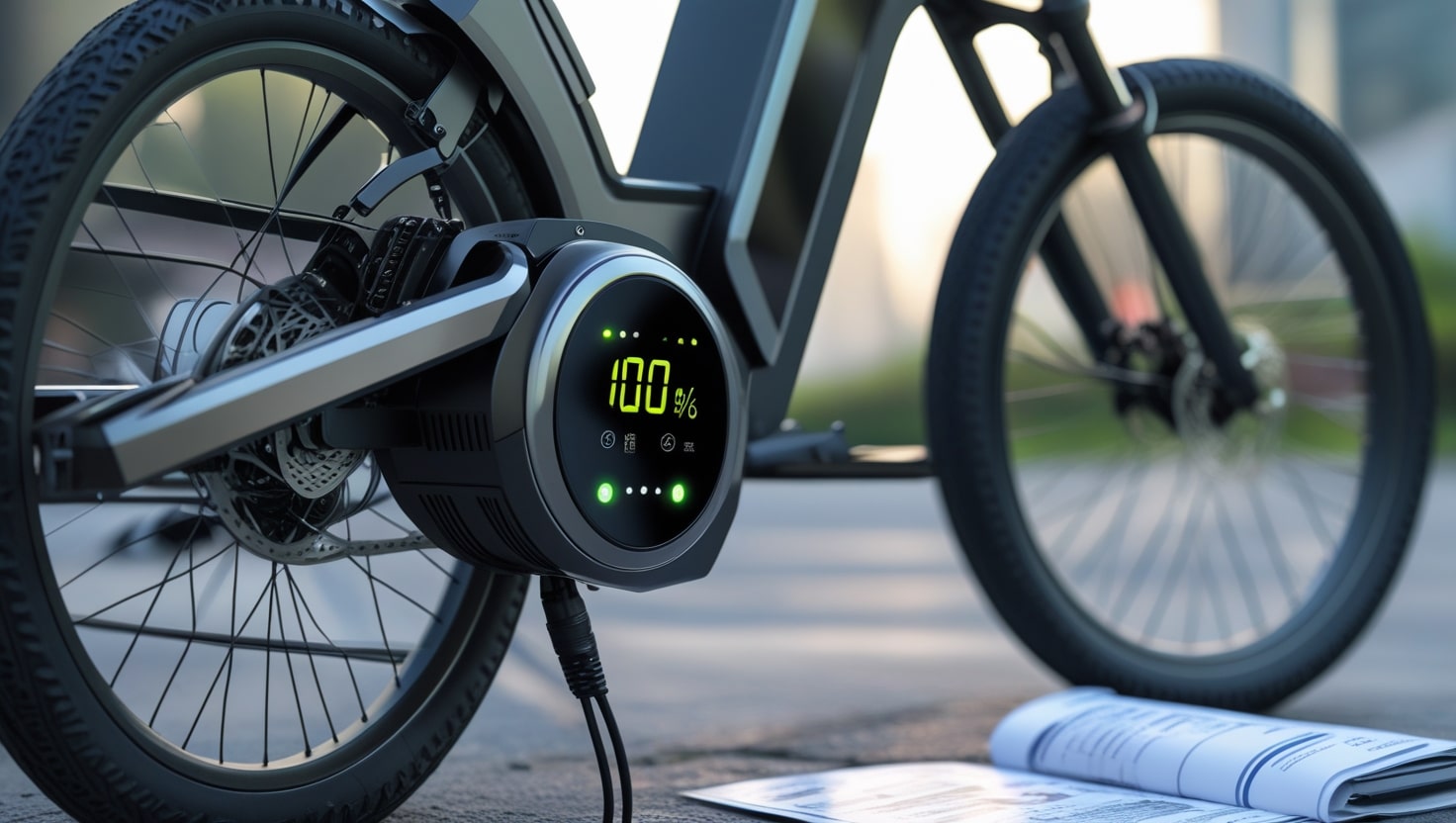Living in Wisconsin, I’ve discovered how the Midwest boasts diverse landscapes that feel like a haven for bicyclists and those who enjoy electric bikes or e-bikes. As these bikes continue to rise in popularity, they’re becoming essential for commuting, recreation, and even sport. A solid understanding of the laws is crucial for enthusiasts and casual riders. This article really dives into key Wisconsin ebike laws, offering all the info you need to ride confidently without worrying about encountering a ticket book.
Do you need a license, insurance or registration in Wisconsin?
In Wisconsin, e-bikes are treated much like a traditional bike, so there’s no requirement for registration, licensing, or insurance. This approach aligns the rules of the road for e-bikes with those for human-powered bikes, making it easier to enjoy them without added complexity. By removing cumbersome regulations typically seen with motor vehicles, the state promotes e-bike use as an accessible option for many riders who value simplicity and freedom.
Wisconsin ebike laws FOR THE ROAD
Wisconsin classifies e-bikes into three separate classes, each subject to specific rules regarding speed and use.
Class 1: These e-bikes provide assist only while the riders are pedaling and support speeds up to 20 mph, making them ideal for casual and commuting purposes.
Class 2: These e-bikes include propulsion that allows them to be motor-driven without pedaling, also capped at 20 mph, offering a more flexible option for diverse needs.
Class 3: These e-bikes provide assist up to 28 mph but require riders to be actively pedaling to activate the motor, catering to faster-paced and sportier rides.
Importantly, the state prioritizes safety by prohibiting those under 16 from riding Class 3 e-bikes.
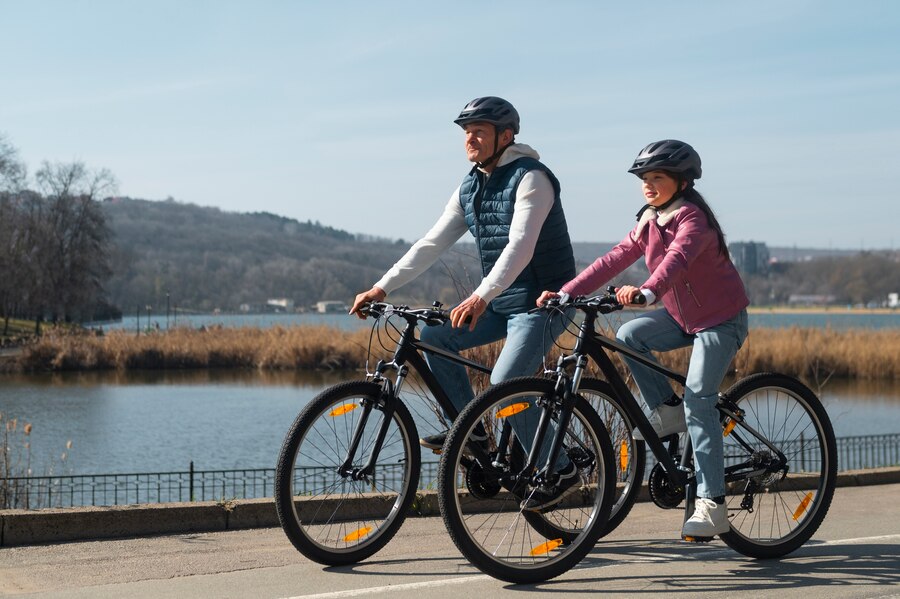
wisconsin ebike laws FOR TRAILS
» LOCAL: Consult your local land management agency to understand specific trail rules and regulations in your area.
» STATE: The Wisconsin Bureau of Parks and Recreation permits e-bikes on touring trails but prohibits them on mountain bike trails. E-bikes can be used anywhere a regular bike is allowed if the motor is turned off. Contact the Bureau for up-to-date information about these policies.
» FEDERAL: On public lands managed for recreation under the jurisdiction of the U.S. Forest Service, eMTBs are classified as motorized vehicles and can only access motorized trails. For more details, reach out to the US Forest Service Eastern Regional Office.
Related: New Hampshire Ebike Laws
eMTB GUIDELINES
- Federal, state, county, and local trails have varying rules for e-mountain bike (eMTB) access, so it’s essential to understand the specific regulations.
- Trails with a natural surface that are open to both motorized and non-motorized uses generally allow eMTBs.
- eMTBs are often prohibited on trails managed exclusively for non-motorized activities to protect those areas.
- Always ride legally on authorized trails to demonstrate that mountain bikers are responsible trail users.
- If local land rules are unclear, consult a local land manager to confirm access to specific trails, as these rules change frequently.
Singletrack Trail and Public Land Usage
- In Wisconsin, the Bureau of Parks and Recreation allows electric bicycles on touring trails but not on mountain bike trails.
- Electric bicycles are permitted wherever a bike is allowed, provided the motor remains off.
- Riders should contact the Bureau for up-to-date information or clarification about the policy on trail usage.
- Public lands in the state are primarily managed for recreation under the jurisdiction of the U.S. Forest Service.
- On these lands, eMTBs are considered motorized vehicles and can only use motorized trails with proper access.
Related: Maryland Ebike Laws
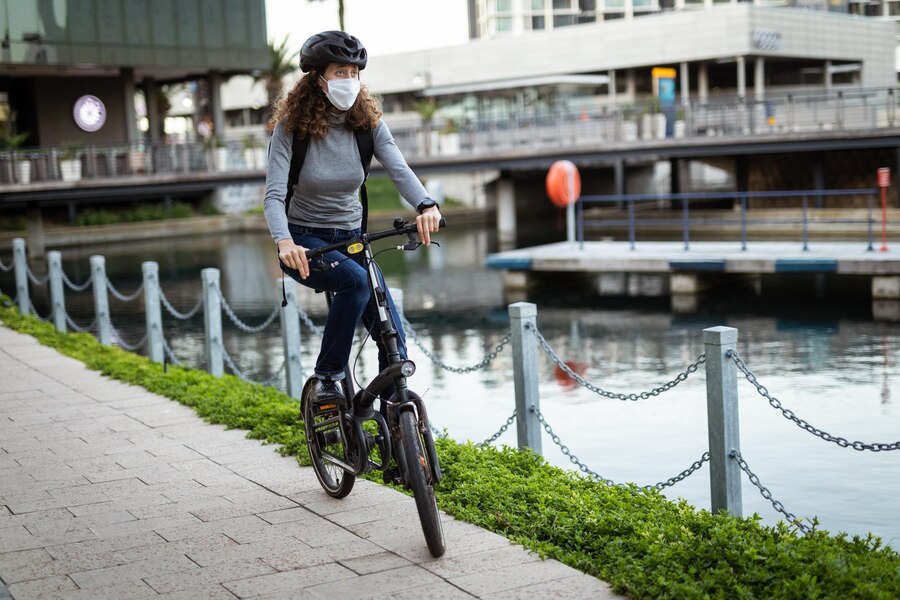
Benefits of Electric Bikes
E-bikes open up new cycling opportunities, helping riders cover longer distances and navigate challenging terrains with ease. They make biking enjoyable for people of any age or those with physical limitations, offering a perfect mix of recreation and utility. Whether for commuting, exploring, or simply staying active, these bikes provide a versatile and fun way to embrace the outdoors.
What are the restrictions on motor power & throttles in Wisconsin
In Wisconsin, motor power on e-bikes cannot exceed 750w, ensuring safety and consistency in usage. Local governments have the authority to restrict the use of motorized e-bikes on certain bike paths. To stay compliant, it’s essential to check local rules and regulations with your town, city, or county before riding.
Are there any age restrictions to riding an electric bike in Wisconsin
In Wisconsin, riders under 16 years of age are not allowed to operate a class 3 eBike, ensuring safety for younger eBike users.
Related: Minnesota eBike Laws Exposed
What are the laws around helmets in Wisconsin
In Wisconsin, helmets are not required for riders of e-bikes, allowing individuals to make personal decisions about safety gear. However, following general safety laws and wearing protective equipment is always encouraged for a safer biking experience.

What are the rules for riding on the road in Wisconsin?
In Wisconsin, electric bicycles are permitted on roadways and roadway bike lanes but are not permitted on sidewalks. Local governments have the authority to restrict the use of e-bikes under motor power on certain bike paths. To ensure compliance, always check local rules and regulations with your town, city, or county before heading out.
What are the rules for riding on the trails in Wisconsin?
The Wisconsin Bureau of Parks and Recreation states that e-bikes are allowed on touring trails but not allowed on mountain bike trails. Riders can use an e-bike anywhere a regular bike is permitted as long as the motor is turned on. For the latest details, contact the bureau to get up-to-date information on trail rules.
What To Do If You Are In A Bike Accident
- Seek emergency medical care immediately if needed.
- Exchange names and contact information with the other party involved.
Use your phone to take photos of the driver’s license, insurance details, property damage, and any noticeable injuries.
- Even if you don’t need urgent care, visit your medical provider as soon as possible.
Contact a personal injury attorney at Lindner Law, LLC for legal guidance before discussing anything with an insurance adjuster.
Conclusion
Wisconsin’s approach to e-bike laws creates a welcoming environment for riders of all types and abilities, focusing on balance, access, and safety. As e-bike usage continues to grow, staying informed about the laws and guidelines ensures that everyone can enjoy the scenic beauty and practical benefits these bikes offer across the state. When unsure about local rules or trail access, always check with local authorities to make sure you can ride without getting hassled.
Related: Convert Mountain Bike To Electric
FAQs
Can I ride my electric bike on the street?
Electric bicycles follow the same rules as traditional bikes when used on the road.
Do I need a license to drive an electric bike in Wisconsin?
Electric bicycles operate under the same rules as conventional bicycles, without requiring registration, licensing, or insurance like motor vehicles.
Can electric bicycles be ridden on roads and bike paths?
Electric bicycles are allowed on roads and bike paths, following the same rules as conventional bicycles, although some restrictions may vary depending on local regulations.
What age can I legally ride a Class 3 e-bike in Wisconsin?
Persons under the age of 16 are not permitted to ride a Class 3 e-bike. However, if the e-bike is designed to carry passengers, they can ride as passengers.

